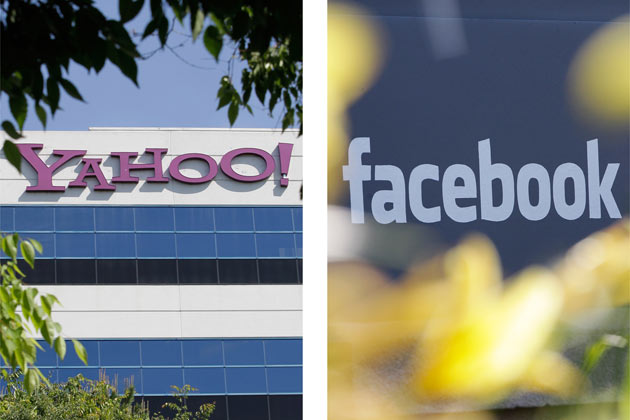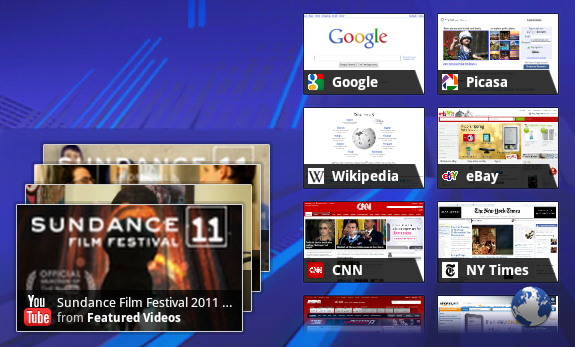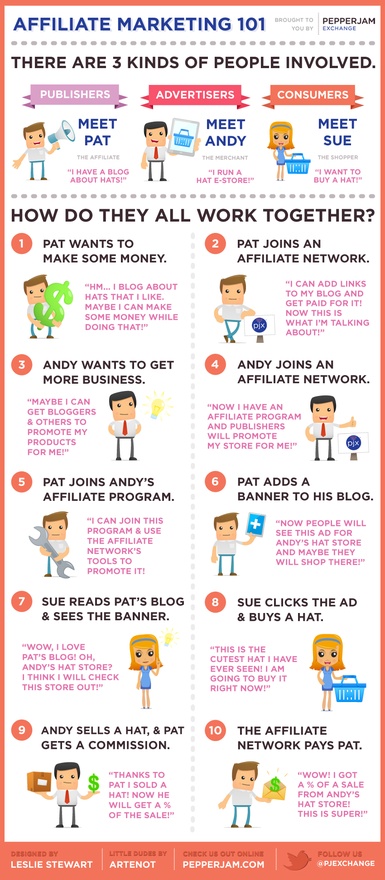I’ve been publishing in online advertising since 2000, and because of that I’ve gotten my share of legal letters from attorneys for things that people disagree with in my publications. I’ve even been threatened with a lawsuit over someone who claimed they suffered an epileptic seizure over a dating banner I made. Partially because of that, and my general interest in law, I took it upon myself to actually learn the law, take courses, read as many books on internet law as I could. On top of that, I developed a keen sense of what attorneys were complete jokes and marginally mentally challenged, and which ones were actual legal eagles and knew what they were talking about. I’ve come to the conclusion that most attorneys, especially in this industry are total and complete jokes and using them is not only a waste of your time and money, but can hurt your business.
Most people become attorneys not because they have a love of the law, but they hear that they can make money from it.
Thank all those crappy law shows that show attorneys making shitloads of money, driving fancy cars and getting laid. It’s sorta like how most people would love to be professional basketball stars, but they can’t do anything but shoot bricks. Attorneys unfortunately in some States only have to pass basic exams that almost anyone can pass—and almost anyone passed them, sometimes after taking the test dozens of time. Because of that, there is a plethora of crappy attorneys in those states.
Here’s the real problem: those attorneys have to find something to do. So instead of doing what most attorneys do, which is join a real law firm, learn the ropes, they usually set up a business in their basement and claim to be a specialist in a certain field. There’s absolutely no test to call yourself a “Specialist” in most parts of the law, and these guys are lying through their teeth that they have any idea what they are talking about.
Unfortunately there are a bunch of attorneys in the field of “internet marketing” and “internet attorneys” who have never practiced law outside of their own little business or actual have any real experience in the field. Their experience in the internet includes them learning their GoDaddy account and ordering the free business cards from VistaPrint.
You can spot these attorneys by their complete lack of letter writing skills and their attempt to quote parts of the law they have no training on. They usually get the low level clients, the small companies in the industry who have no idea they are hiring some person whose previous job opportunity included taking over their fathers mowing business. They write a lot of letters, quote the law even when it doesn’t apply and their clients think they are geniuses: Until they get the bills for thousands of dollars of phone calls, emails and looking up stuff on Google. Ask honestly if your attorney, when they handle certain cases (Trademark, Patent, International Law) if they have any real experience in that field, or are they are just making shit up as they go.
They almost always end up never doing anything for their clients and always end up disappearing after facing better and more experienced attorneys who make them look like fools. It’s a game they play: get a guy to pay the bills, move on to another client.
The other type of attorney is the one that makes such a clusterfuck for you, that they actually damage your business, screw you over worse because they have a huge ego and think they know what they are talking about. If you’ve been paying attention, California attorney Charles Carreon is one of those attorneys who on behalf of his client not made his client hated, but actually made him one of the most hated attorneys out there. For some reason, out of either anger or general stupidity, he went after TheOatmeal publicly and legall, after they made fun of legal letters sent. Instead of being smart, and learning to STFU, he decided to try to threaten TheOatmeal and even ruin their charity fundraiser. He ended up dropping the suit, but not after probably screwing up his entire career by seemingly being a total asshat.
On that note, a call out. I’m fortunate to personally know some of the best attorneys in the industry and have made it very clear that I feel that Richard Newman, who has never paid me a dime, is probably one of the most stellar attorneys ever in our industry. He actually has worked for a major firm, was involved in major lawsuits against bad guys in our industry and has stood against the FTC numerous times for his clients. He’s that guy that everyone turns to when they are in trouble, but should always have on their side. He’s the guy other attorneys often go to for advice about the industry, because he knows his stuff. He collects money, tells you when its a waste of time, goes after people when there is a chance and never screws his clients. He’s also involved with my organization, the Executive Council of Performance Marketing, plus part of the Performance Marketing Association Team and has written numerous articles for them about Affiliate Marketing Law. Learn More about Richard B Newman, Super Star Internet Attorney.
What’s the point here? Ask around who the good attorneys are (feel free to email me please) and consider if your attorney is wasting your time and money, hiring someone else. If they guy or gal is working out of their mom’s basement or out of some state without any actual businesses, maybe its time to look another direction. If you’ve never won anything, never collected a dime, but your attorney charges you $5k a month, maybe you need to also consider hiring someone else.























